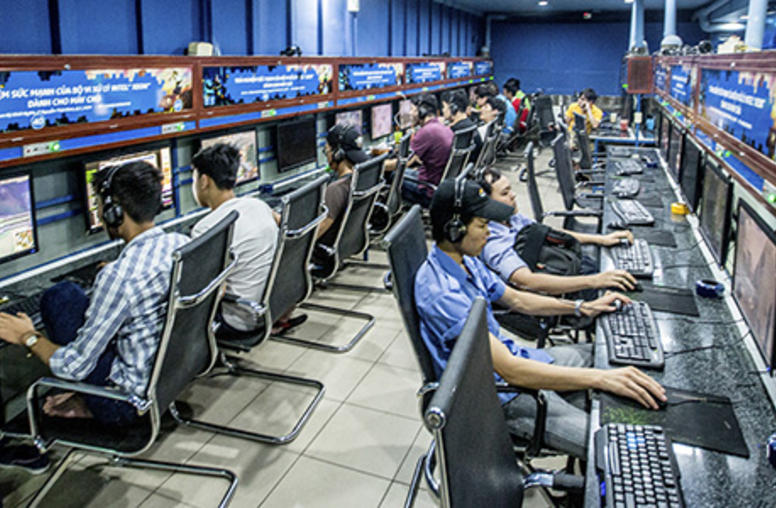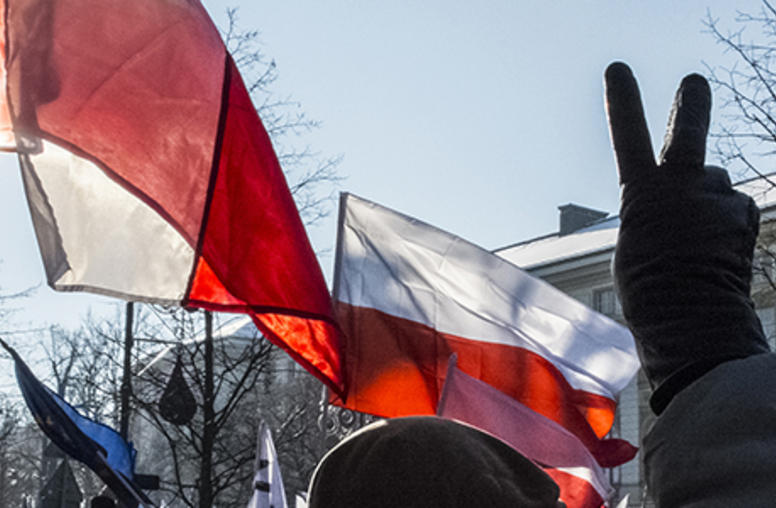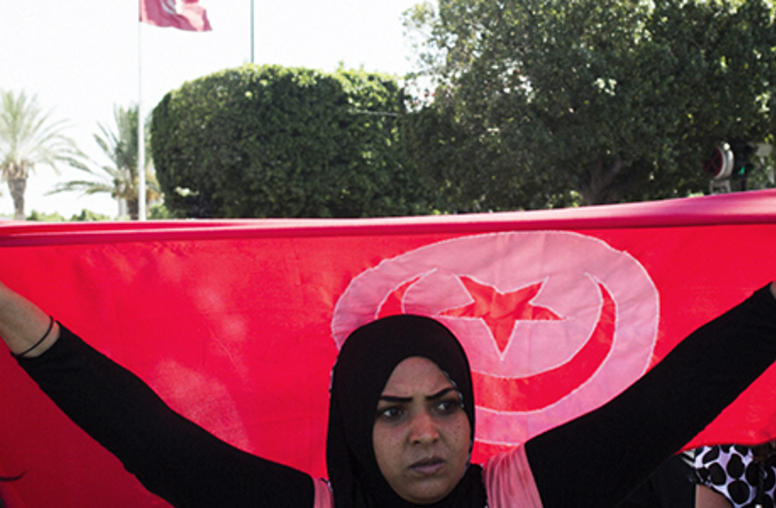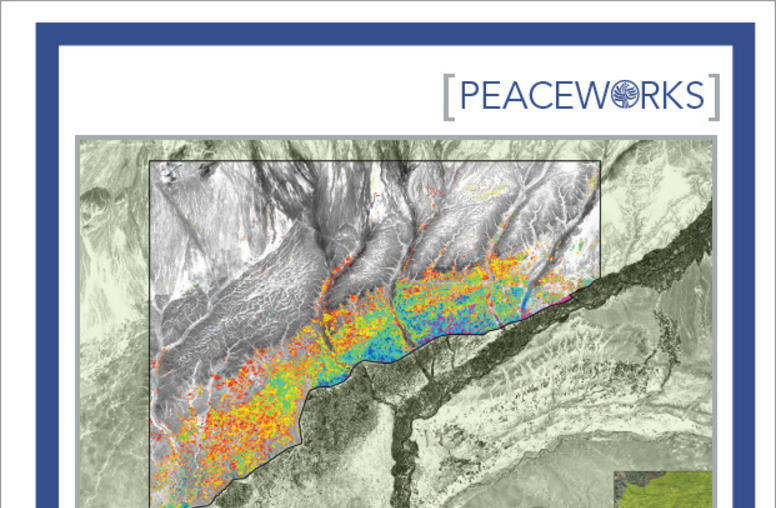Late-Breaking Foreign Policy
The influence of the media--particularly the "CNN effect"--has dramatically changed the way foreign-policy decisions are made. But there have been few in-depth studies of how televised news reports and newspaper accounts of humanitarian tragedies abroad affect the decision to deploy U.S. forces.
This insightful book by a working journalist examines the media's influence on the deployment--or withdrawal--of U.S. peacekeeping troops to avert humanitarian disasters the world over.
Drawing on interviews with senior U.S. national security officials and the journalists who covered the humanitarian-relief operations in Bosnia, Rwanda, Somalia, Haiti, and northern Iraq, Strobel provides riveting behind-the-scenes accounts of recent peace operations. He describes the conditions in which the media has the greatest, and the least, influence, and offers recommendations to civilian and military leaders on building and maintaining public support in an age of intense media scrutiny.



